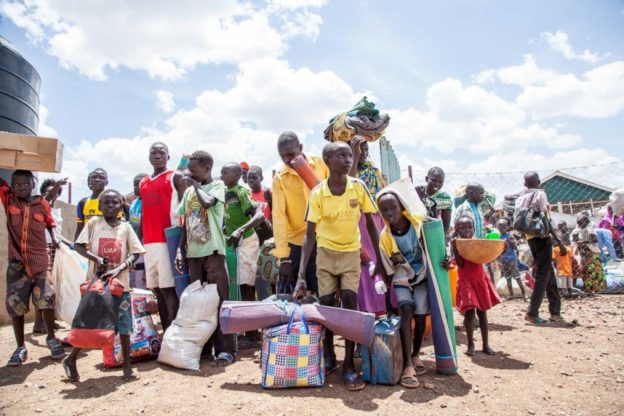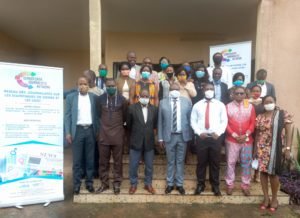
The two day training workshop aimed at sharpening the skills of Gender data journalists and statisticians in Yaounde, Cameroon was focused on the production of statistical inserts and data visualization.
Organized on the 7th and 8th July 2020, the workshop was initiated by the Gender Data Journalists’ Network (GDJN) alongside the ministry of women’s empowerment and the family, the national institute of statistics, the Central bureau of census and population studies known in its french acronym as BUCREP and with the technical and financial support of the United Nations Entity for Gender Equality and the Empowerment of Women (UNWOMEN), under the banner of the project Women Count.
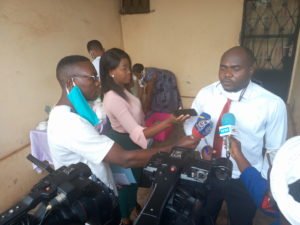
According to Emmanuel Batake, coordinator of the Gender Data journalists’ network, the training session is an added value in the work of journalists specialized in this domain. He outlined the fact that, most of the time journalists are faced with complex figures and statistics which need to be broken down before publications or broadcast. The workshop which is very necessary is equally timely following news surrounding the ongoing coronavirus pandemics as he said.
Due to the current health crisis rocked by the COVID-19, the country Representative of UNWOMEN, Hind Jalal, addressed participants in a zoom display.
In her key address, Hind Jalal emphasized on the benefits of this two day workshop.
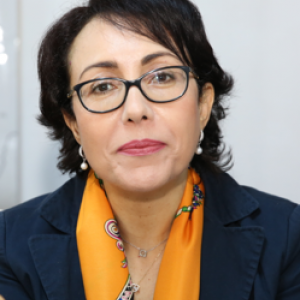
She said: “access and dissemination of Gender statistics by journalists and other communications specialists is a major challenge faced by many countries in Sub-Saharan Africa. And to address this issue, the United Nations Entity for Gender Equality (UNWOMEN) launched in 2019 the Making Every Women and Girls Count program. The objective of this program is to promote the production, analysis and dissemination of Gender data among populations and decision-makers in particular.”
She underscored the fact that the global crisis triggered by the COVID-19 pandemic has been deepening fast and therefore has put at the forefront researchers and policymakers who have been scrambling to collect and analyse data in order to grasp its impact on affected countries.
“This urgent health crisis will have massive global social and economic impacts that will reverberate for years to come. The immediate need for gender data cannot be overemphasized. Tracking and responding to the effects of C19 for women and girls requires a robust supply of gender statistics and disaggregated data that are relevant, granular and timely…” She said.
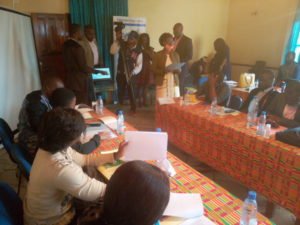
The close to 30 participants attending the training session were granted tips on how to find out data that can help them sell out their stories and impact on decision making; how to handle figures; how to break down the mystery around some statistics published in a scientific approach and later on submitted to a practical phase.
Notwithstanding the quality of presentations and discussions made, some participants however challenged officials taking part at the workshop to accentuate collaborative means with media practitioners for increased productions on data.
Elise Kenimbeni



